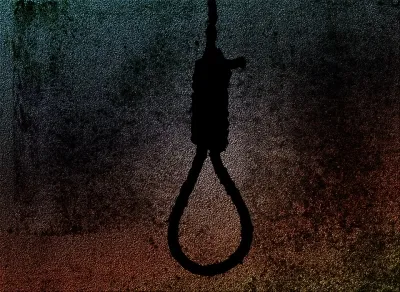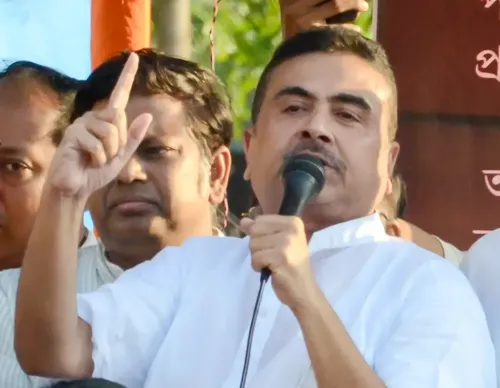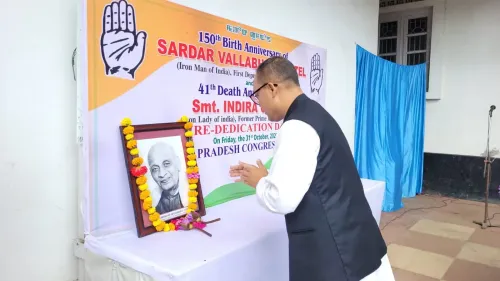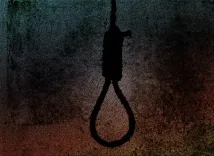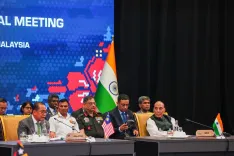Why Did the Supreme Court Quash the POCSO Conviction?
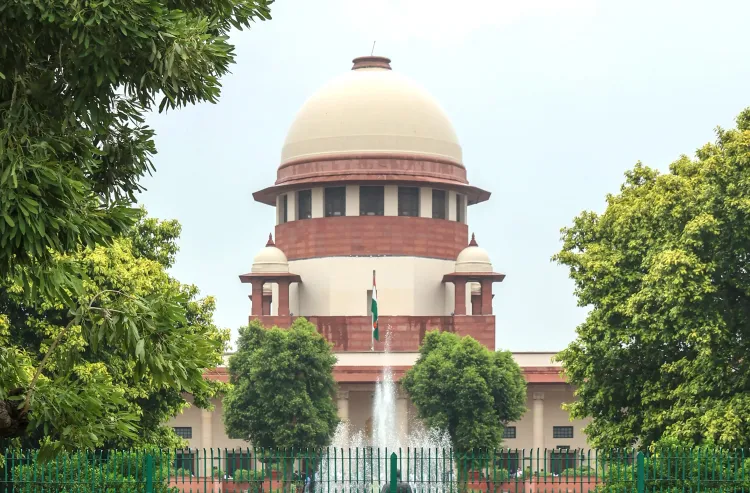
Synopsis
Key Takeaways
- Supreme Court invokes Article 142 to quash conviction.
- Unique circumstances highlighted the importance of love over lust.
- Couple's marital status influenced the court's decision.
- Justice must consider practical realities of individual cases.
- Ruling not a precedent; specific to this case.
New Delhi, Oct 31 (NationPress) In a remarkable use of its authority under Article 142 of the Constitution, aimed at achieving complete justice, the Supreme Court of India has overturned the conviction and sentence of an individual charged under the Protection of Children from Sexual Offences (POCSO) Act.
The court noted that “peculiar facts and circumstances” called for compassion, allowing the appeal of a man who had received a 10-year prison sentence under Section 6 of the POCSO Act, as well as five years under Section 366 of the Indian Penal Code (IPC) for the kidnapping and sexual assault of a minor girl.
The Bench, led by Justices Dipankar Datta and Augustine George Masih, recognized that while the appeal was pending, both the appellant and the victim, now adults, had wed in May 2021 and were enjoying a “happy married life” with their one-year-old son.
The wife also submitted an affidavit expressing her desire for a happy, normal, and peaceful life with her husband.
“We acknowledge that a crime is not merely a wrong against an individual but against society as a whole,” stated the apex court, adding that “the administration of criminal law is not separate from practical realities. Rendering justice requires a nuanced approach.”
While recognizing that the POCSO Act considers sexual offences against minors as serious, the Bench remarked that in this instance, “the crime stemmed from love rather than lust.”
“The victim has expressed her wish to pursue a peaceful and stable family life with the appellant, on whom she relies,” the court asserted.
“Continuing the criminal proceedings and the appellant's imprisonment would only disrupt this family unit and inflict irreparable damage on the victim, the child, and the societal fabric,” it added.
Determining that “this is a case where law should yield to justice,” the Supreme Court invoked its powers under Article 142 to annul the conviction and sentence.
Simultaneously, the Bench instructed that “the appellant must not abandon his wife and child and should support them with dignity for the rest of their lives. Should there be any lapse on the appellant's part, the repercussions may not be favorable.”
The apex court made it clear that this ruling should not serve as a precedent, emphasizing that it was issued only under the “unique circumstances” that had arisen.

